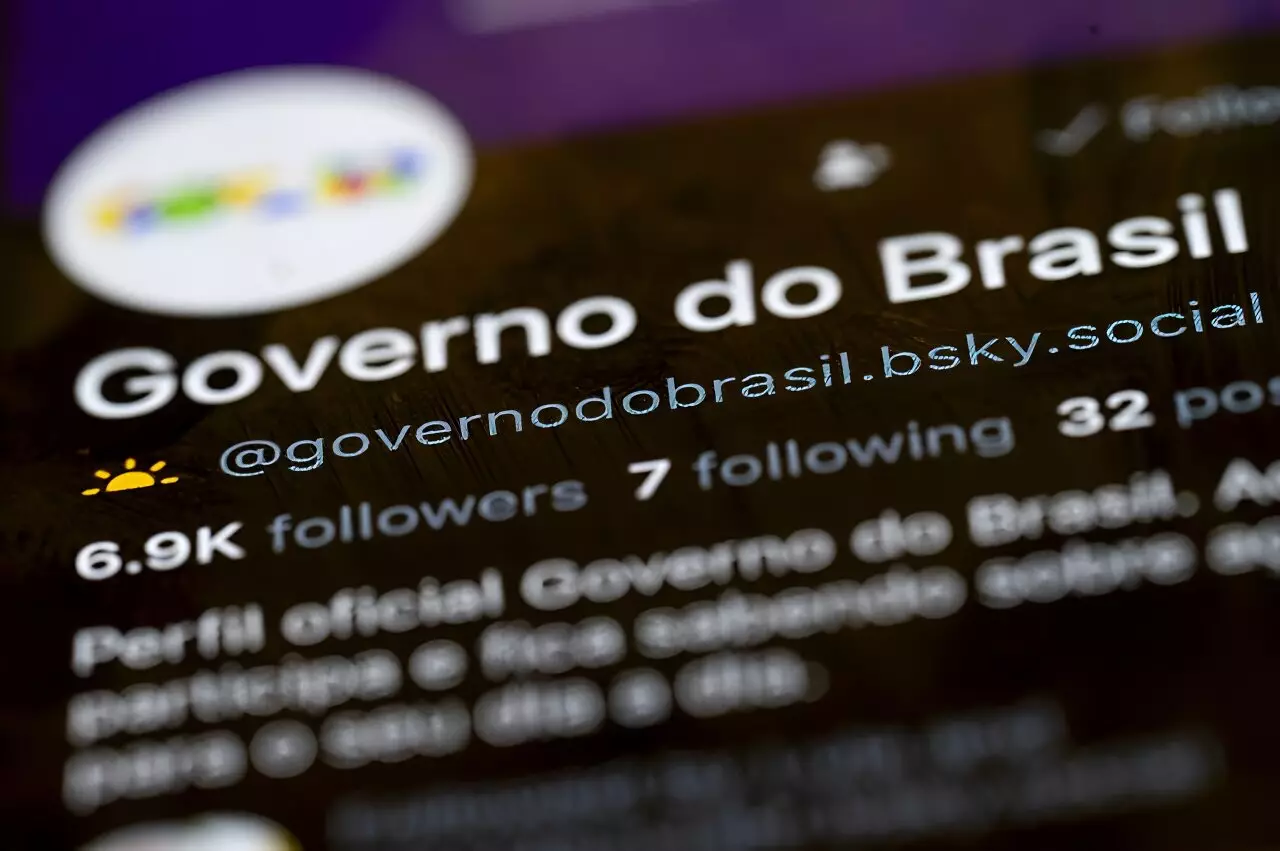Brazil, a nation synonymous with vibrant digital engagement, is witnessing a seismic upheaval in its online communication landscape. The recent suspension of Twitter—rebranded as X—by Brazilian authorities marks more than just a platform shutdown; it signifies a broader struggle over information, free speech, and the future of digital communities. While the government and judicial authorities cite concerns over disinformation and national security, the fallout reveals a society eager to maintain its voice beyond the confines of a single corporate-controlled space.
The immediate aftermath has been astonishing. Millions of Brazilians, including high-profile political figures and everyday users, have migrated en masse to alternative social media platforms like Bluesky and Threads. This migration reflects both an adaptive resilience and a deep-seated desire for authentic engagement, free from the constraints imposed by legal or corporate authority. Not only does this situation demonstrate the fluidity of digital ecosystems, but it also exposes the profound influence geopolitical decisions exert on social behaviors in an increasingly interconnected world.
What’s especially noteworthy is the speed and enthusiasm with which Brazilian users have embraced these alternative platforms. The rapid influx—over two million new users on Bluesky and a quadrupling of searches for Threads—illustrates how a nation’s digital pulse quickly adapts when traditional outlets are shut down. In essence, the Brazilian online scene is pulsating with a sense of urgency—a collective effort to reinvent its digital identity amidst political upheaval.
Migration as Resistance: Beyond Mere Platform Switching
The migration from X to Bluesky and Threads isn’t simply about changing platforms; it’s a form of digital resistance. For many, it’s a statement about the irreplaceable value of free expression in a climate of censorship and legal pressure. Older users, like Professor Raul Nunes, articulate a nostalgic longing for the familiarity of Twitter’s features, despite reservations regarding Bluesky’s limitations and privacy concerns. Younger users, like students and influencers, feel an exhilarating sense of rebirth—an opportunity to participate in conversations in a slightly less hostile environment.
This movement highlights a broader phenomenon: social media is no longer just a tool for casual sharing but a battleground for ideological influence and political debate. Political leaders such as President Lula have seized the moment, actively engaging with followers on new platforms. Conversely, figures like Jair Bolsonaro, who remains skeptical of the new environment or unconvinced by the platforms’ privacy policies, continue to exhibit loyalty to familiar channels, such as Telegram and, at times, old-fashioned methods of communication.
Despite the rise of these new spaces, challenges persist. Many users struggle to find familiar contacts or influencers on Bluesky, which has a smaller global footprint. Meanwhile, platforms like Threads, tightly linked to Instagram—the social network with over a hundred million users in Brazil—offer the convenience of seamless integration but invite distrust among users wary of data privacy issues. The question remains: will this migration be a fleeting trend driven by necessity, or will it forge a durable new social order in Brazil’s digital realm?
Implications of Political Polarization and Platform Trust
Brazil’s political climate, marked by deep polarization, adds another layer of complexity to this digital upheaval. Leaders on both ends of the spectrum are actively positioning themselves on these emerging platforms, making online spaces a battleground for influence. While Lula’s engagement signifies a strategic move to stay connected with supporters, Bolsonaro’s reluctance to fully embrace Bluesky or even to establish a presence on it underscores apprehensions about transparency, privacy, and platform credibility.
This distrust is not unwarranted. Globally, the rise of Meta-owned services like Threads has triggered concerns about data collection and surveillance, especially in countries with histories of political manipulation and censorship. For many Brazilians, this manifests as a cautious approach—adopting new spaces but remaining skeptical of their long-term viability and safety. The reaction highlights an underlying tension: users crave free speech and community, yet they remain deeply wary of corporate and governmental overreach.
Moreover, the ongoing crackdown on X underscores a fundamental debate about sovereignty, freedom, and control over online discourse. The imposition of fines and bans attempts to curtail certain forms of expression but risks fueling underground movements and circumventions, such as VPN usage. This cat-and-mouse game reflects how governments and societies are wrestling with the limits of regulation in the digital age—an issue that will only intensify as African, Asian, and Latin American nations grapple with similar conflicts.
The Future of Brazil’s Digital Ecosystem: Fragmentation or Reintegration?
Whether this migration signifies a permanent shift or a temporary workaround remains to be seen. What is clear is that Brazil’s digital environment is undergoing its most significant transformation in years. The central question is whether these emerging platforms can sustain the momentum and create an ecosystem capable of rivaling mainstream social media giants.
On one hand, the rise of Bluesky and Threads reveals the resilience of Brazil’s online community and their desire to shape digital spaces aligned with their values. On the other, the fragmentation caused by platform distrust and differing privacy standards raises concerns about national cohesion and the ability to sustain unified discourse. The country’s state of hyper-connectivity, with more smartphones than people, suggests a fertile ground for innovation, but it also highlights vulnerabilities—particularly when the platforms are deeply intertwined with global corporate interests.
What remains to be seen is whether Brazilian users—politicians, influencers, and everyday citizens—will build an alternative digital culture rooted in trust, or whether they will continue to oscillate between different spaces, never fully settling into a new digital home. The current upheaval is not merely about social media but about sovereignty over information, community formation, and the future shape of public debate in Brazil. It’s a test of digital resilience and a glimpse into how societies will navigate the challenging crossroads of freedom and control in the digital age.

